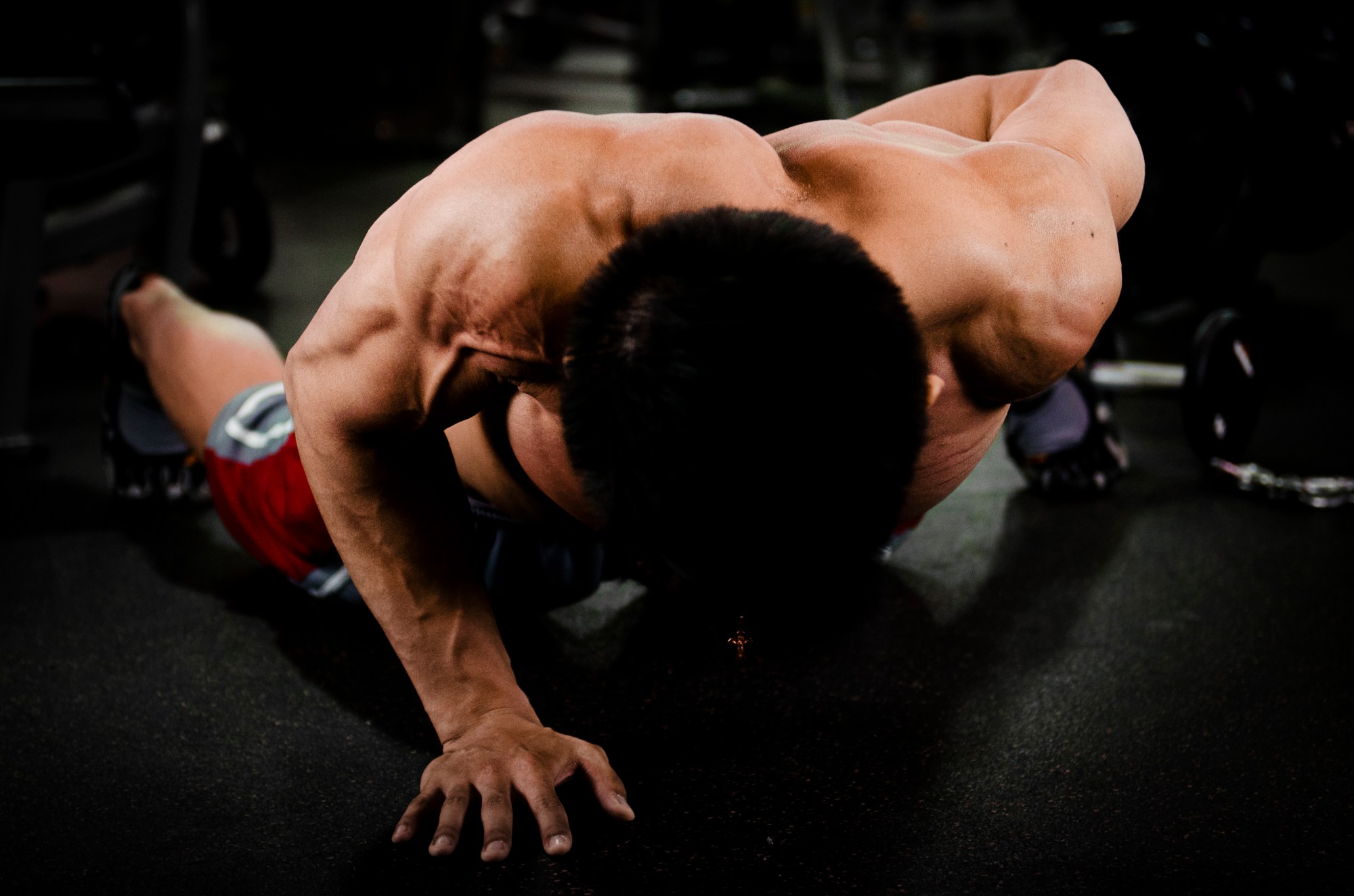Lily Allen say’s “It’s hard, for a bitch,” and Megan Trainor – currently US iTunes No. 1 – tackles the basics of body image. Women are all over the airwaves having their say. Yup, it’s tough out there. Only those a few million spermatozoa short of a full load would deny that. It’s a man’s world and will continue to be until we have equal pay, equal representation in power seats, zero crime stats for rape, domestic violence and FGM.
Presenting higher and higher rates of depression and suicide, the average male – an emotional pressure cooker at boiling point, is four times more likely to take his own life than a woman. In the UK alone, 12 men each day will die by their own hand.
Young men are increasingly supportive of women, wading in with – “This is What a Feminist Looks Like,” and “Say No to Page Three,” banner headline statement T-shirts, whilst they, with far fewer outlets for robust critique of gender pressures, are quietly imploding.
Shock newsflash. Men are killing themselves in droves and with the tragedy of Robin William’s death, comes the reminder that career success does not insulate anyone against low self-worth and doubt. Presenting higher and higher rates of depression and suicide, the average male – an emotional pressure cooker at boiling point, is four times more likely to take his own life than a woman. In the UK alone, 12 men each day will die by their own hand.
Footballing icon Andreas Biermann, the latest tragic addition to international figures on suicide, talked openly about his battle with depression. Sadly his lone-stance in publicly revealing his condition brought little relief. His equally public assertion that any young player similarly afflicted, would be better off keeping quiet – as his experience had shown there would be no empathy forthcoming from team-mates – was and is, a record of what it is to be male.
Masculine invincibility permeates our culture, yet men are fragile and sensitive too, needing comfort and understanding in no less amounts than women. From early years however, little boys learn they must tightly lock away all emotion lest they be seen to be weak and female. It’s a massive own goal from the team that brought us gender inequality and second class status for women.
So while cultural myths continue to promote masculinity to be superior in status, men have a big problem. Ours is a system run with a dualistic assumption that what is not superior must therefore be inferior. This winner/loser dynamic sets up fear and loathing on the part of the developing male psyche for anything perceived to be feminine.
In 21st century consumer media, it’s unlikely that today’s youth will have to kill to eat, or defend his woman and her offspring to the death, yet, fed by an endless diet of fantasy figures of phenomenal power and strength; Superman, Batman, The Hulk, and Wolverine to name a few, provide the pop cultural invitation to revel in an unachievable machismo. Bolstered by the power antics of everyday superheroes like Jay-Z, Barack Obama and Usain Bolt, today’s template for being a bloke is limited. Lack of a broader range of masculine ideals suggests there is a price to pay for not conforming, and sadly emotionally uninhibited, gentle, passive, reflective souls are shamed or sidelined. Recognition that masculinity, just like femininity, is routinely leveraged within the market place as a consumer durable is crucial, and with neuropsychological observations showing that the brain builds associative connections with repeat exposure, exploitative marketing of products through personal identity insecurities, and aimed at younger and younger consumers, is set to undermine male stability levels further.
The lament of obstructed career success, body image insecurity and failed relationships is deafening, but in its ubiquitousness at least there is solidarity.
The winning side, the testosterone charged defenders of “The Right Way To Be,” have constructed a system that forces men and boys to overcome and deny insecurity or vulnerability and any or all subjective or intuitive behaviour. In other words, this Man’s World isn’t working for men either!
Like the pneumatic Barbie doll for girls, gender veneers present hollow caricatures of sexual stereotyping that needs constant deconstruction. Women’s media is full to the perfect-bound edges with the dialogue of disappointment and frustration on this very subject. Women cry and buy. The lament of obstructed career success, body image insecurity and failed relationships is deafening, but in its ubiquitousness at least there is solidarity.
When the disappointment of being ordinary comes home to roost as it inevitably must for guys given such unachievable goals, the male voice is silent, the support shockingly absent.
CALM: Campaign Against Living Miserably, named 2014 as The Year of the Male. The charity’s Director, Jane Powell, says “We want to get the nation talking about what it’s like to be a man in the UK today. It’s time to ask some big questions about men and work, health, the media, education, relationships and family and ask what it really means to be ‘man enough’?”
And as we wait for a new era of gender empathy there is plenty we can do from the sidelines. While feminists like Caitlin Moran apply a one-woman cultural band-aid to female wounding, might women wholesale in recognising their unique position of privilege and superiority in emotional flexibility, extend the hand of compassion to men everywhere? If men won’t or can’t say it for themselves, then women can and must. Feminism that much maligned vehicle for gender equality must fight back for men too.
Let’s hear it for the boys.
Credits
Text Caryn Franklin
Image courtesy of A&A Photography
thecalmzone.net
